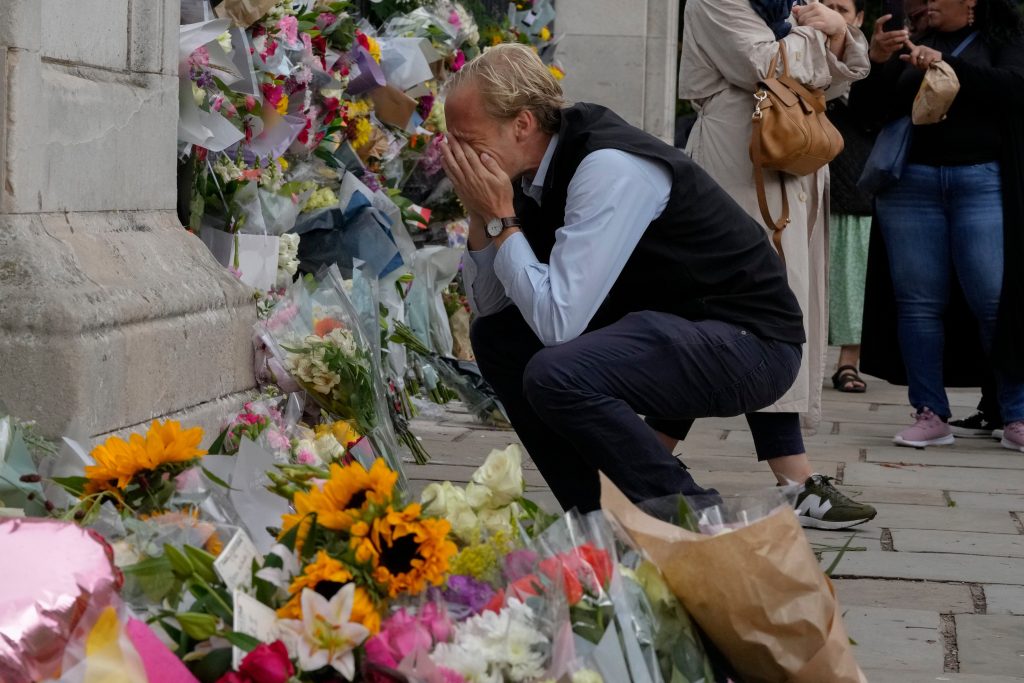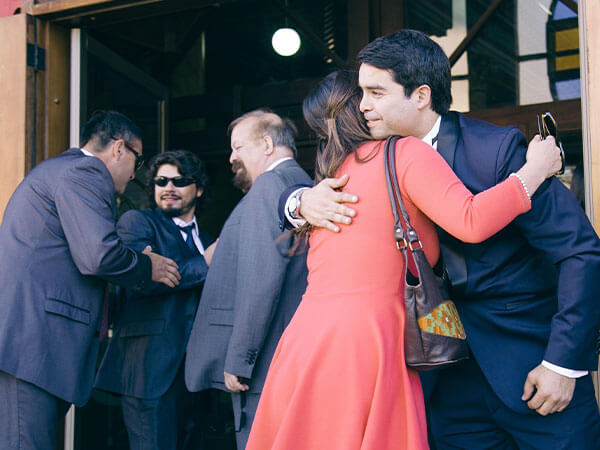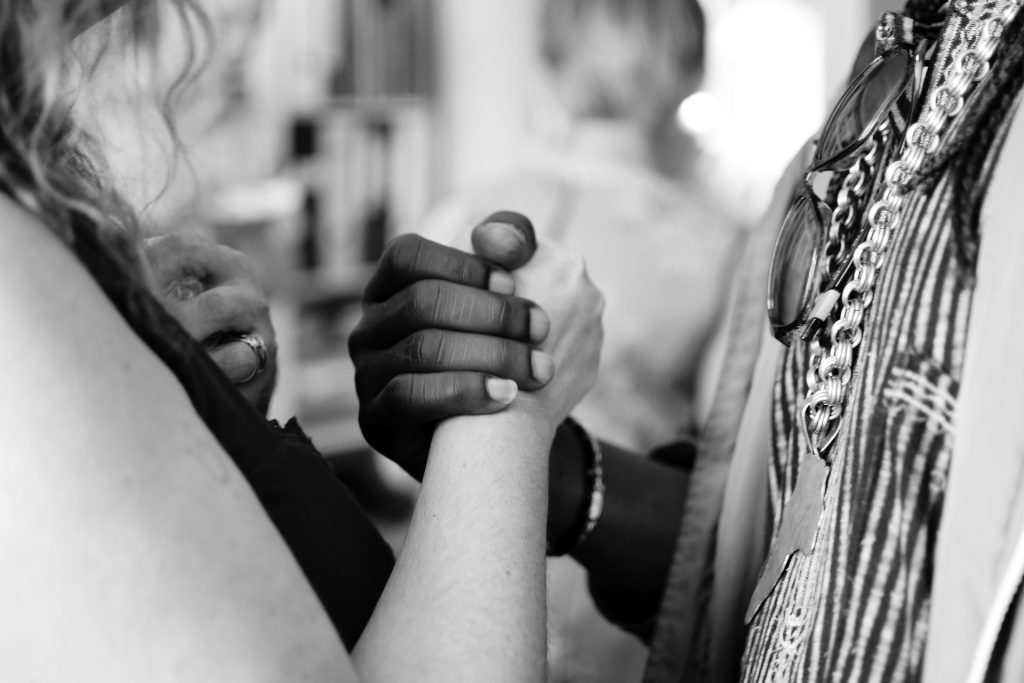Funerals are significant events that bring together family members to honor and remember a loved one who has passed away. However, when a family is faced with complicated dynamics, such as unresolved conflicts, strained relationships, or deep-seated resentments, the funeral process can become even more challenging. In this article, we will explore the complexities of dealing with complicated family dynamics during funerals and provide guidance on navigating these sensitive situations to promote healing and unity.
Understanding Complicated Family Dynamics:

Philadelphia
Complicated family dynamics can manifest in various ways, such as sibling rivalries, estranged relationships, divorced or separated parents, blended families, or cultural and religious differences. These dynamics can create tension, disagreements, and emotional turmoil during the funeral planning and grieving process. It is essential to recognize and acknowledge these complexities to address them effectively and ensure that the funeral becomes a healing and transformative experience for all family members involved.
Open Communication and Mediation:

Milkins Trymbiski Funeral Home
One of the key strategies in dealing with complicated family dynamics during funerals is fostering open and honest communication. Effective communication allows family members to express their emotions, concerns, and needs while also creating a space for active listening and understanding. It is crucial to encourage family members to share their thoughts and feelings openly, respecting each person’s perspective and validating their experiences.
In some cases, family mediation or counseling can be beneficial. A neutral third party, such as a therapist or funeral director, can facilitate discussions and guide the family towards resolving conflicts and finding common ground. Mediation provides a safe environment for family members to express their grievances, repair relationships, and work towards a shared understanding and cooperation.
Setting Boundaries and Managing Expectations:

During funeral planning and arrangements, it is essential to establish clear boundaries and manage expectations. Each family member may have different ideas and preferences regarding funeral rituals, burial options, or memorial services. It is crucial to foster a spirit of compromise and collaboration, taking into account everyone’s wishes, while also respecting the deceased’s desires and cultural or religious traditions.
Setting clear boundaries can help manage conflicts and prevent the funeral process from becoming overwhelmed by personal agendas or power struggles. By establishing guidelines for decision-making and respectfully addressing disagreements, family members can work towards a harmonious and meaningful funeral experience that honors the memory of their loved one.
Support from Professionals and Community Resources:

Wellness Road Psychology
Funeral directors and professionals experienced in handling complicated family dynamics can provide valuable guidance and support during the funeral planning process. They have the expertise to navigate delicate situations, offer advice on protocol and etiquette, and ensure that the funeral runs smoothly, respecting the wishes of all family members.
Additionally, seeking support from community resources such as grief support groups or counseling services can be highly beneficial. These resources offer a safe space for individuals to share their experiences, gain insights from others facing similar challenges, and receive professional guidance on coping with grief and family dynamics during the funeral and beyond.
Promoting Healing and Unity:

Calhoun Funeral Home
While funerals can be emotionally charged and challenging for families with complicated dynamics, they also present an opportunity for healing and reconciliation. By approaching the funeral as a collective effort to honor and remember the deceased, family members can shift their focus from personal conflicts to the shared grief and the legacy of their loved one.
Encouraging family members to participate in the funeral planning process can foster a sense of inclusion and unity. Assigning specific tasks, such as selecting readings, choosing music, or creating a memorial tribute, can provide individuals with a sense of purpose and ownership, allowing them to contribute positively to the funeral experience.
Furthermore, incorporating rituals or ceremonies that emphasize forgiveness, gratitude, and remembrance can promote healing and unity among family members. This may include sharing memories and stories, lighting candles, or engaging in symbolic acts that symbolize the letting go of past grievances and the embracing of a shared journey towards healing.
Family dynamics can also be improved by encouraging empathy and understanding among family members. Reminding everyone that each person is experiencing their own grief and that their reactions and emotions may differ can help foster compassion and reduce judgment. Creating opportunities for open dialogue and reflection can allow family members to gain insights into each other’s perspectives, fostering empathy and paving the way for reconciliation.
In cases where tensions are too high or conflicts are deeply entrenched, it may be necessary to seek professional guidance or counseling. Family therapists or mediators can help facilitate productive conversations, provide tools for conflict resolution, and guide family members towards a path of healing. These professionals can assist in uncovering underlying issues, addressing unresolved conflicts, and developing strategies for effective communication and problem-solving.
It is important to remember that healing and resolution may not occur overnight. Funerals can serve as starting points for the healing process, but true reconciliation and transformation may take time. Patience, perseverance, and a commitment to ongoing communication and support are vital in navigating complicated family dynamics during and after the funeral.
Conclusion:
Dealing with complicated family dynamics during funerals can be a challenging and emotionally charged experience. However, with open communication, mediation, setting boundaries, seeking professional support, and promoting healing and unity, it is possible to navigate these complexities and create a meaningful and transformative funeral experience. By recognizing the unique challenges posed by complicated family dynamics, families can work towards resolution, forgiveness, and healing, honoring the memory of their loved one while fostering stronger connections among family members.
While the funeral process can be a catalyst for addressing and resolving deep-rooted family issues, it is essential to remember that healing is an ongoing journey. The support of professionals, community resources, and the commitment of family members to open communication and empathy are crucial elements in this process. Ultimately, by coming together and working through complicated family dynamics, families can find solace, closure, and a renewed sense of unity as they navigate the challenging path of grief and healing.








